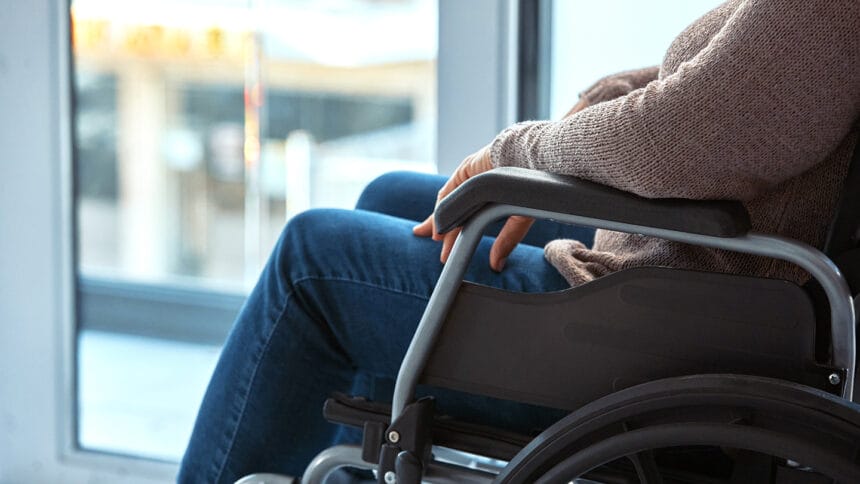
A new heat forecasting tool online could give older adults and their caregivers advanced notice of when the temperature is set to tick up — which could give them time to prepare and avoid health complications.
The US Centers for Disease Control and Prevention and the National Oceanic and Atmospheric Administration’s National Weather Service announced the HeatRisk Forecast Tool, which they announced Monday. It gives about a week’s notice of when extreme heat is set to roll in.
Users can enter their zip code for the latest forecast and updates. Results will come up in the form of a five-level scale, which will show how risky the heat may be in a certain area. The tool could be valuable for nursing homes and other long-term care communities, as many older adults should avoid high temperatures.
“Heat can impact our health, but heat-related illness and death are preventable,” Mandy Cohen, MD, the director of the CDC, said in a statement. “We are releasing new heat and health tools and guidance to help people take simple steps to stay safe in the heat.”
The tool also includes details on local air quality, which comes from the US Environmental Protection Agency’s AIR NOW Air Quality Index.
The CDC hopes people will review the results, then go to the Heat and Your Health page for advice on how they can lower their risk for heat exposure.
“Even though heat can impact anyone’s physical and mental health, children with asthma, pregnant women and people with cardiovascular disease, among other groups, may be more sensitive,” the CDC said. “That is why CDC’s clinical guidance focuses on some of the people who may be more sensitive to heat and poor air quality. CDC experts in asthma, cardiovascular disease and pregnancy worked together to create the guidance.”
A recent study found that heat waves raise the risk for emergency department and hospital admissions for people with disabilities. The study appeared this month in The Lancet Planetary Health. Compared to those who didn’t have disabilities, people with disabilities who were exposed to heat had a 1.07 times higher risk for hospitalization, with a fourfold increase in ED admissions and medical costs that were seven times higher, the data showed.




